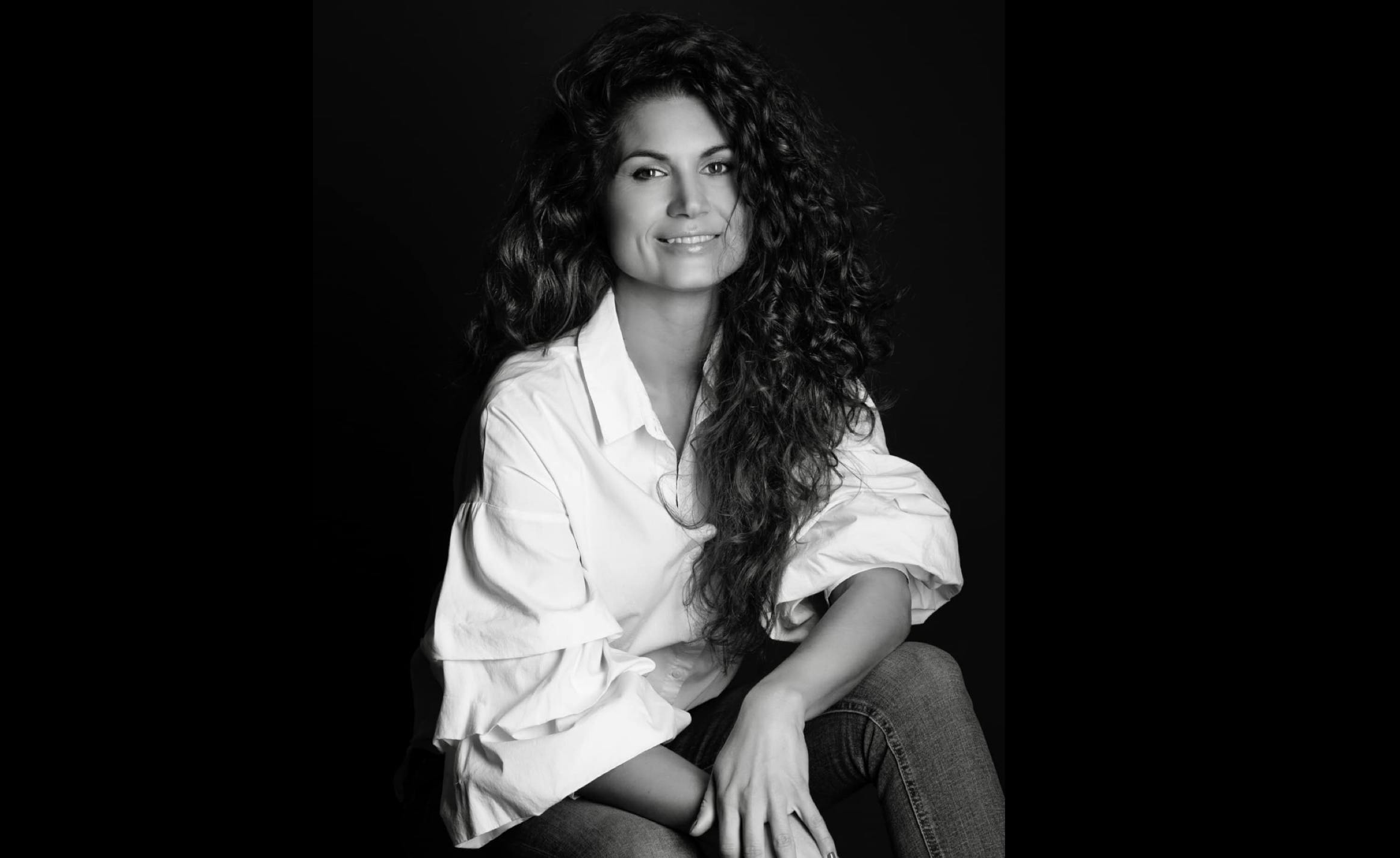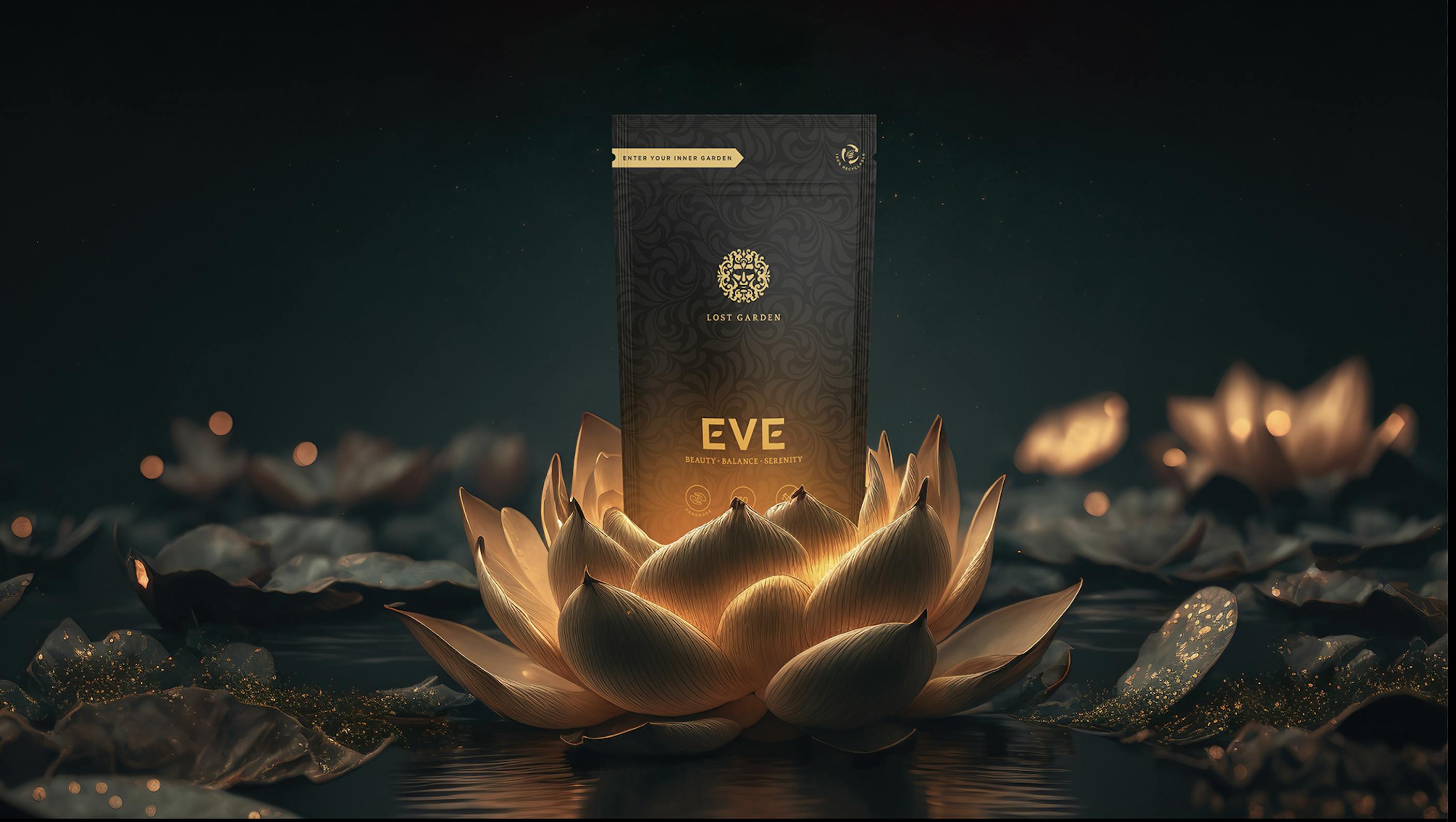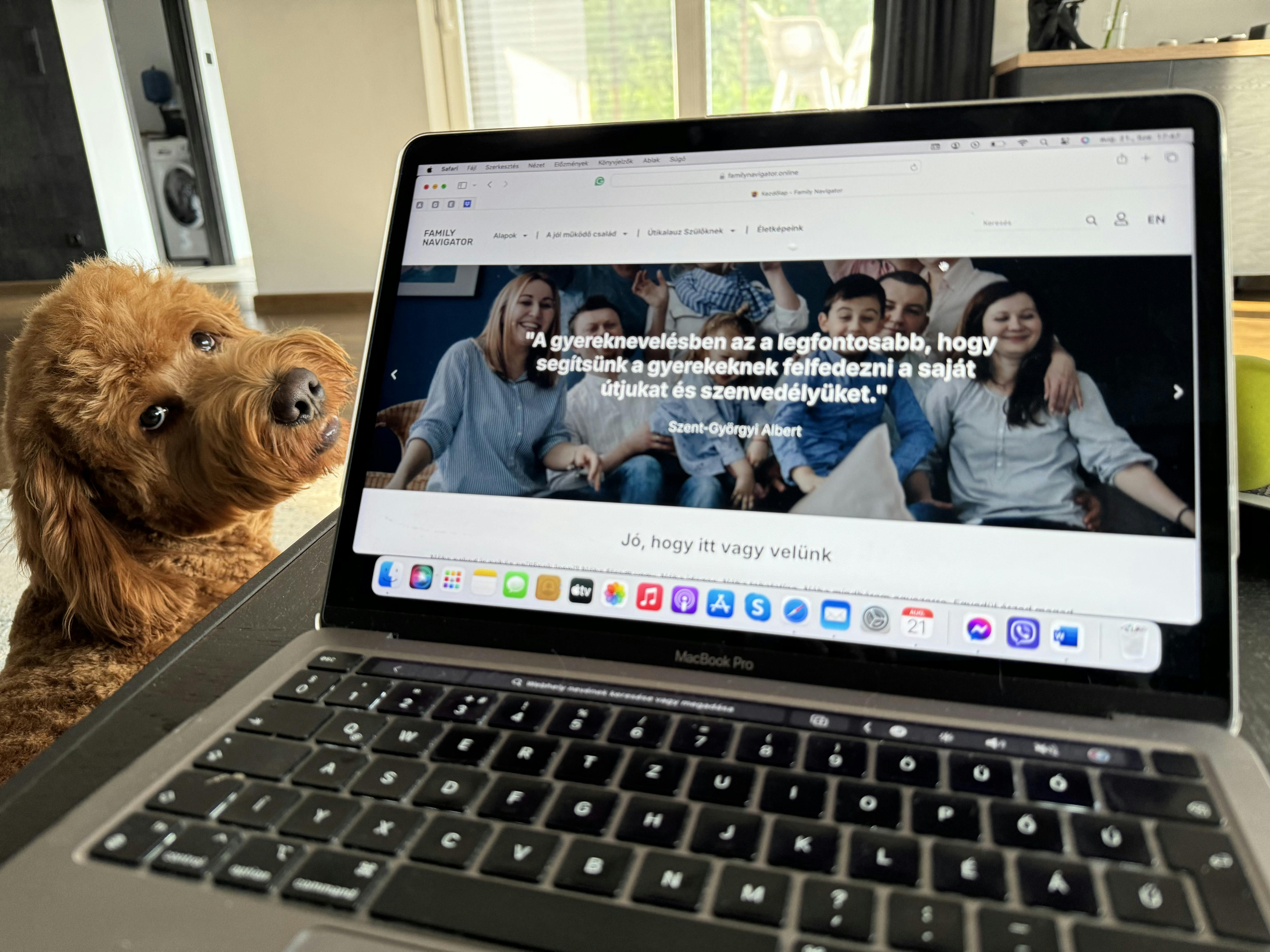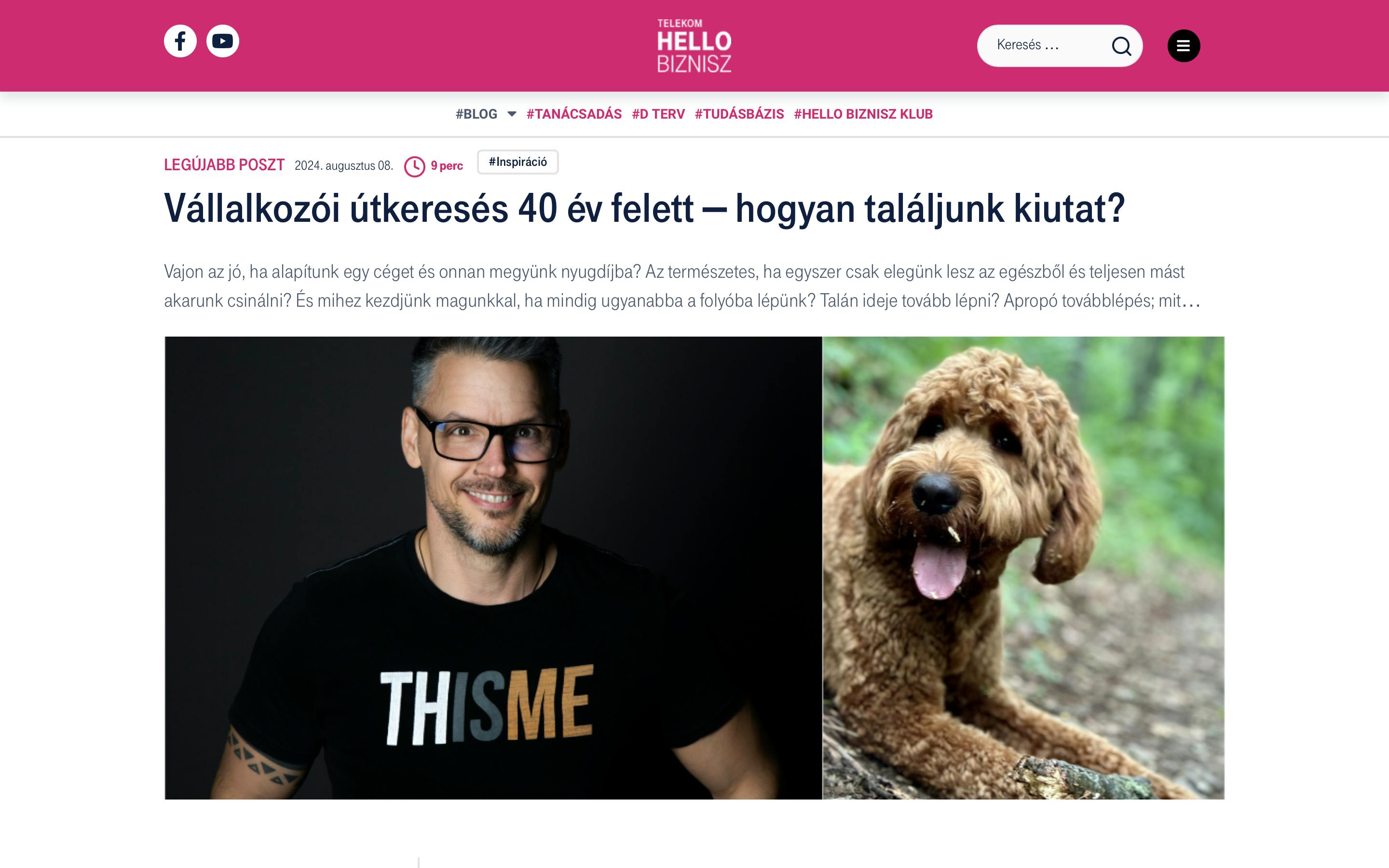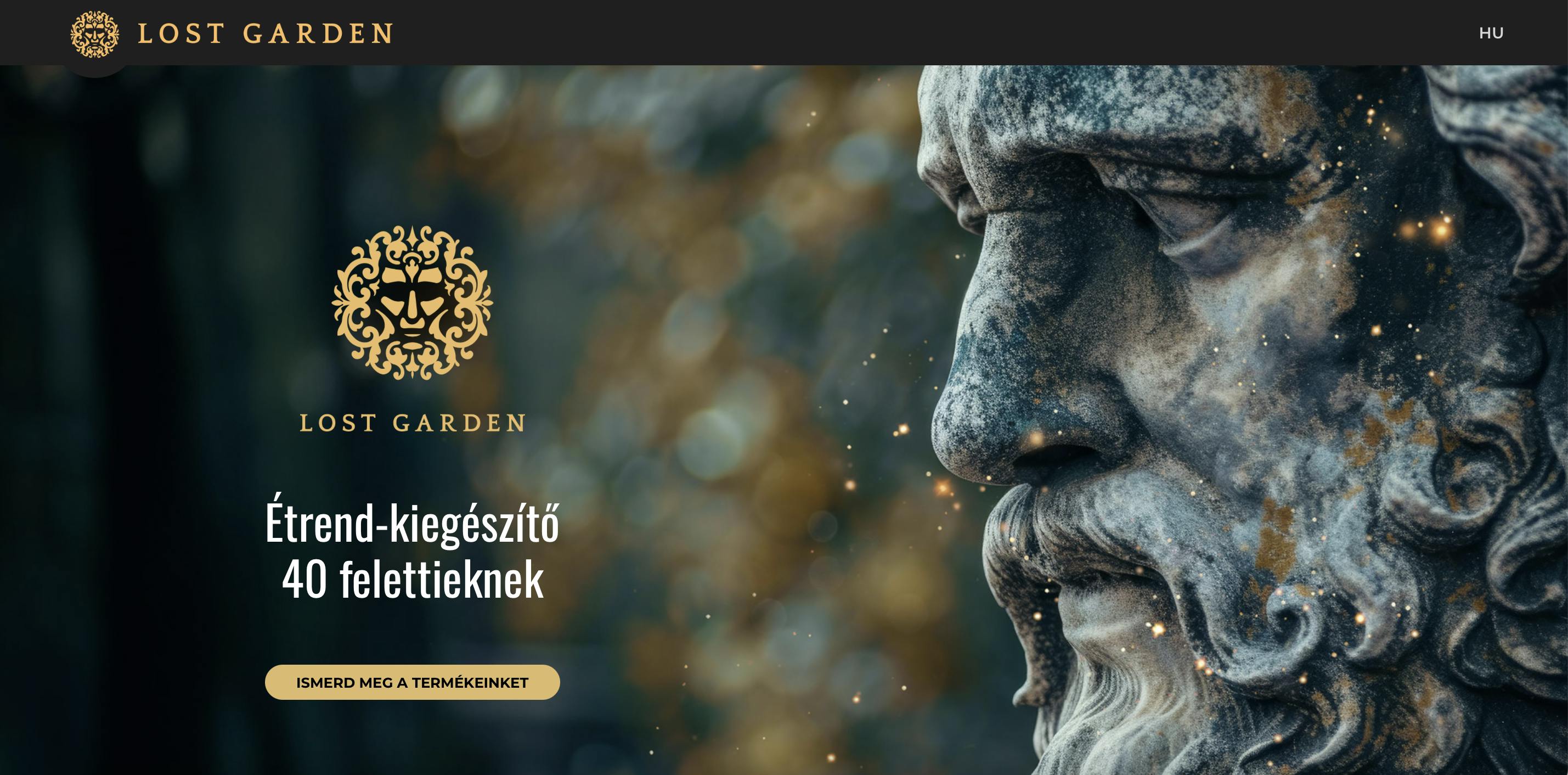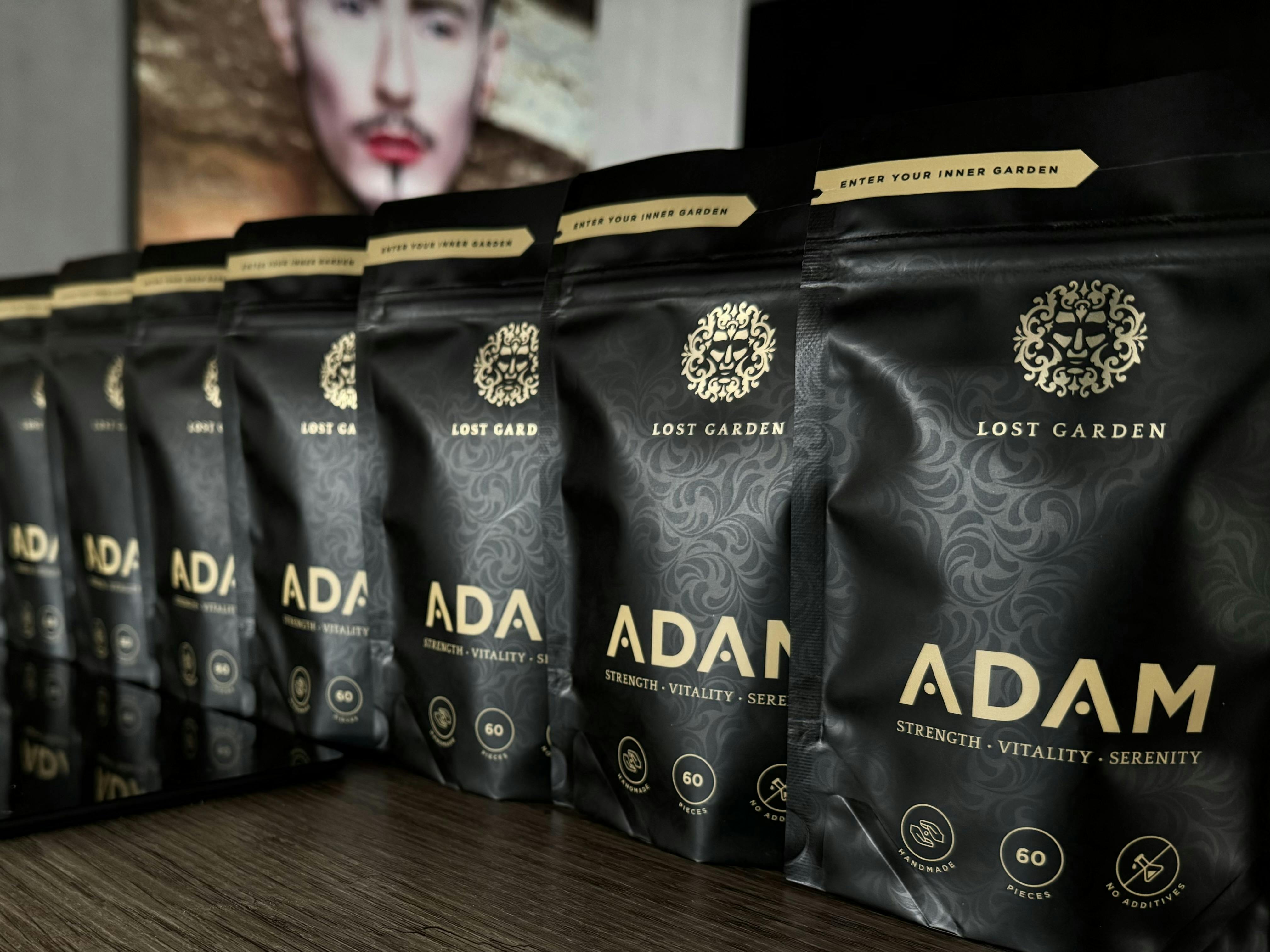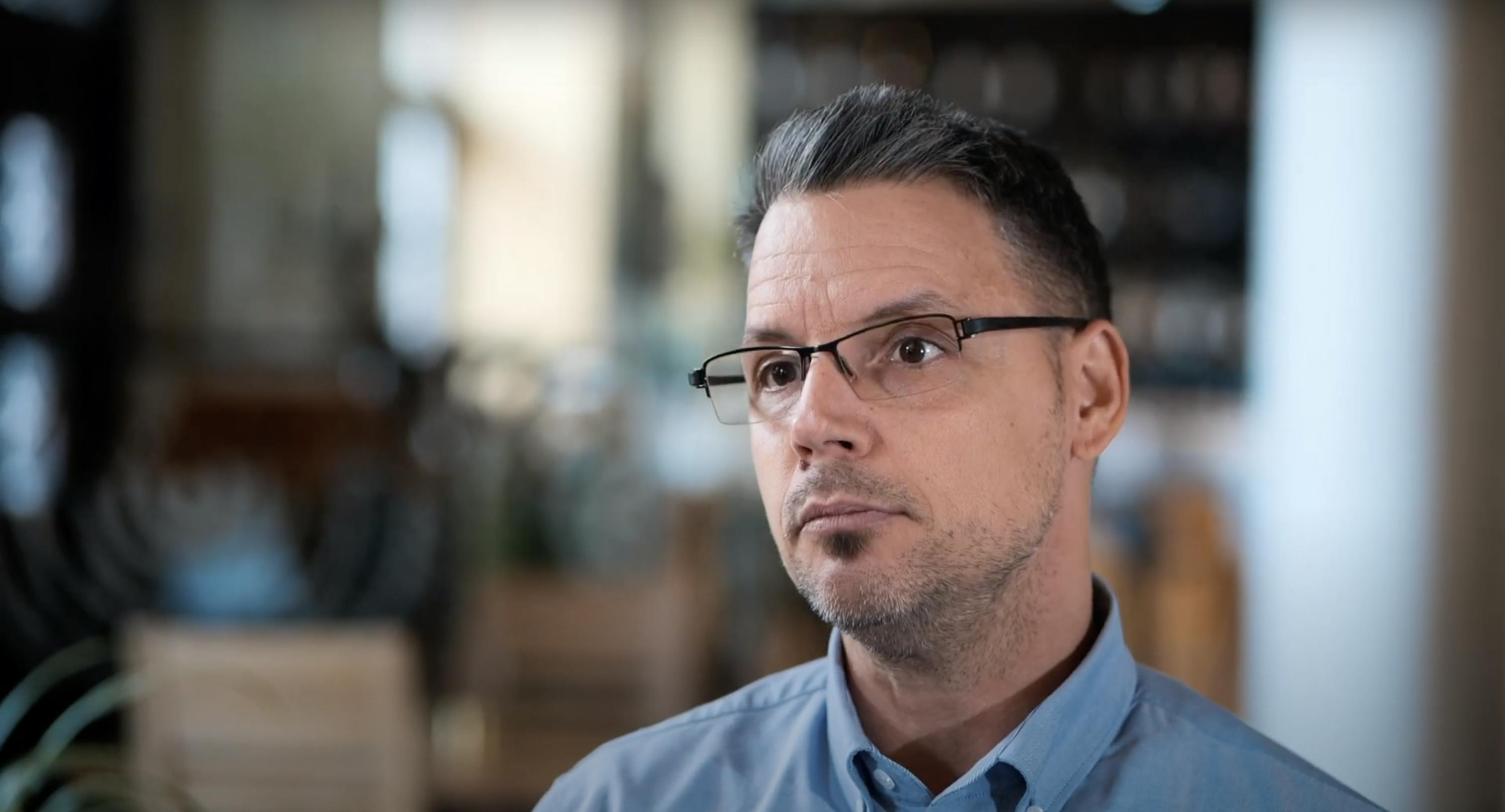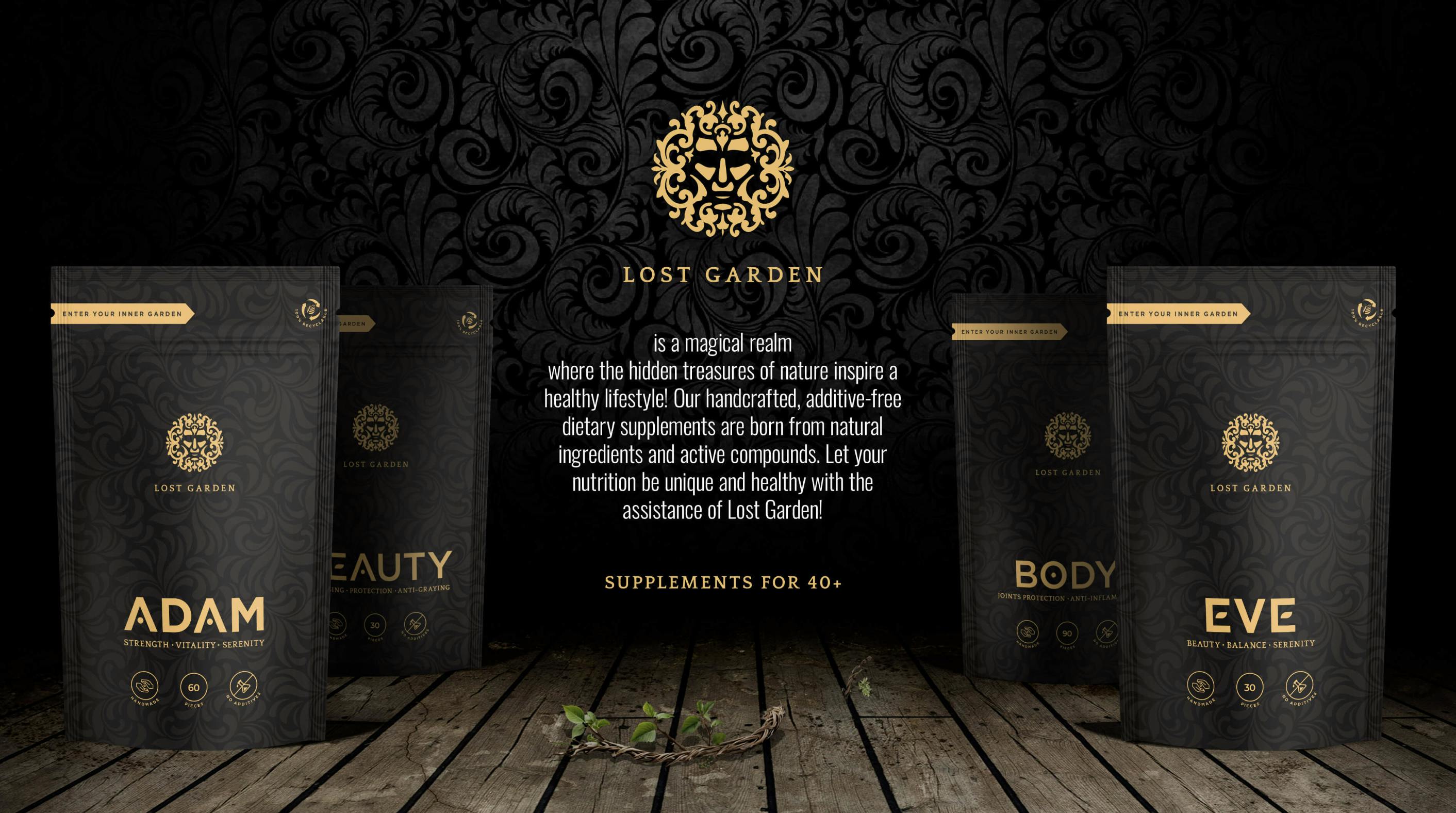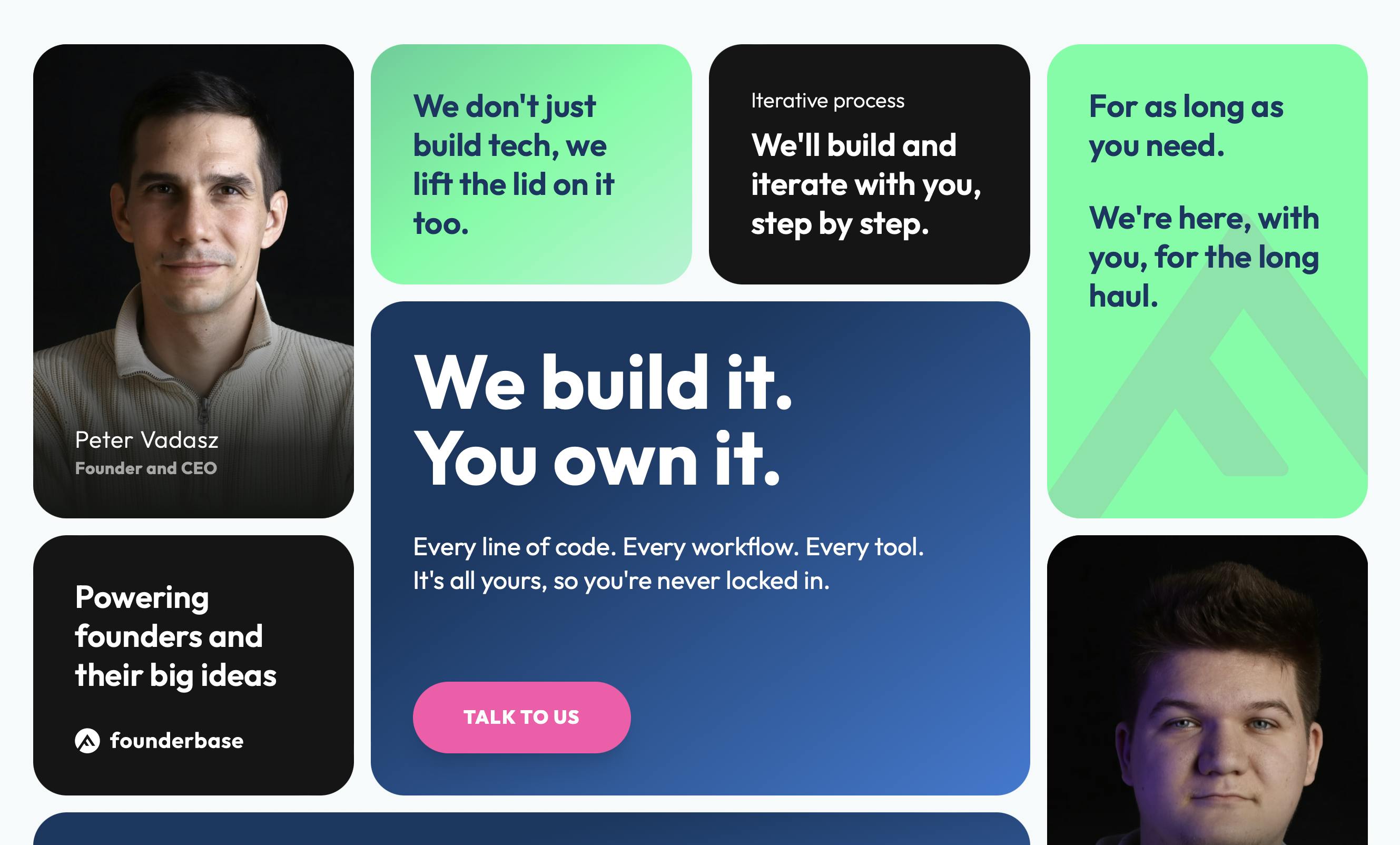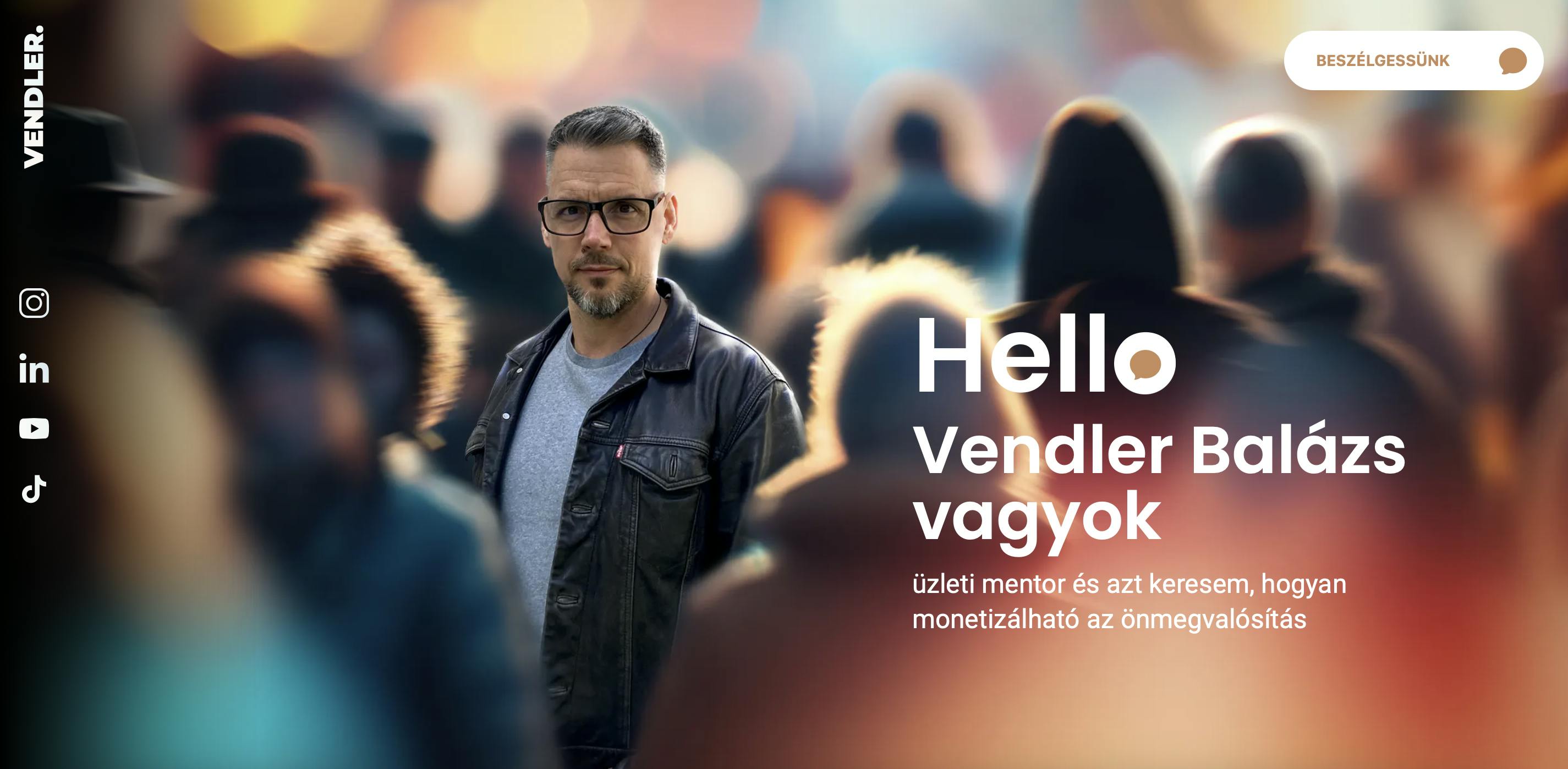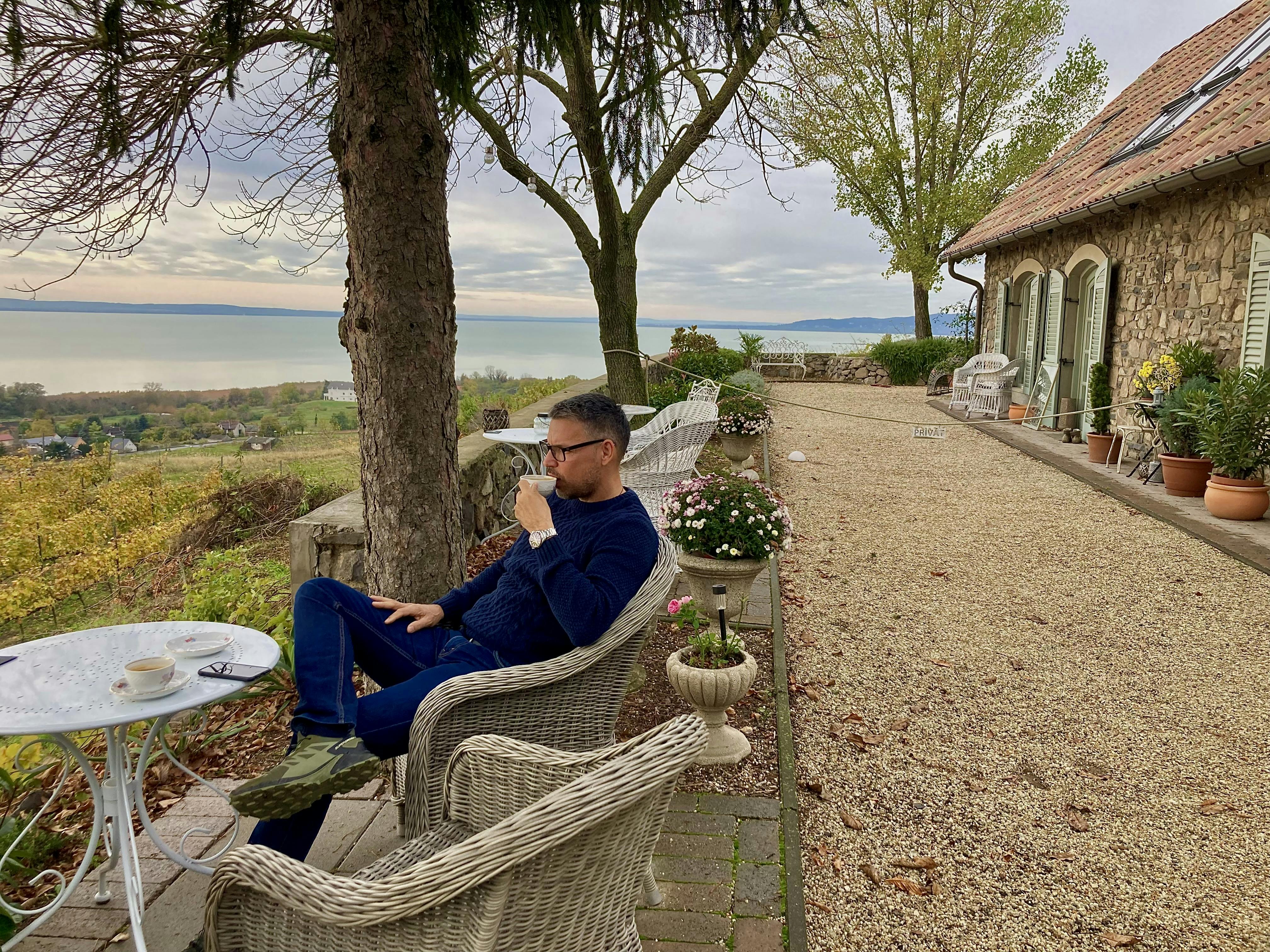
Can You Make Big Money with a “No-Growth” Approach?
2024.05.15.
Of course, you can. But it’s worth clarifying the question itself. What does “big money” mean? It varies from person to person. What does it mean to you? And what does “no growth” mean? This might be harder to grasp, but to simplify, for me, it means not focusing on quantitative metrics but rather developing my business based on qualitative aspects. And this is also highly subjective—do I even know what quality means to me? So, do I know how much is enough, and what is good enough for me? Then there’s the question: do I believe that what is good for me will be good enough for others to generate the amount that is enough? For me, this is where the idea of slow business begins.
These questions seem simple, but when you’re starting a business, they rarely make it to the table. Mainly because they’re tough to answer. As our confidence grows and successes come, the answers can change. It’s like being in a casino when you’re on a winning streak. Why stop if you could double it? Or make ten times as much! Oh, but there might be a price? Seven days of work per week, some stress, and the like? Who cares if I can be on the cover of Forbes!
When I started Games for Business, I calculated the amount I wanted to earn from it. I decided that once I reached it, I’d stop. I did. One checkbox ticked.
Years have passed, and I want to do something good again, to build something useful, something that solves problems for others as well. So, I want to make an impact. But building a company, especially a new one, requires a lot of work, headaches, development, risk, investment, finding people, fixing mistakes they make, investing my time in maintaining the system’s functionality, correcting operational anomalies... all instead of doing what I love.
Let’s let that go. I love living my life the way I do now. I’m lucky. I have time for what and who I love. Is it worth sacrificing this for the ego boost that success brings? No. Do I want to create something? Yes. So, let’s do the math.
So, back to the original question: how much is enough? This is the first thing I want to see clearly. I have a good sense of my monthly expenses (food, housing, kids, clothing, etc.), so I need to make that much. I also thought about my usual annual expenses that aren’t regular (travel, planned big purchases), and I looked ahead to see what significant expenses might come in the next 3-5 years (like a car replacement). If I average this out, factor in some inflation and reserves, I can set an annual revenue target. So, this is the amount that absolutely needs to come in every year. Of course, starting a business requires risking our own money, which could otherwise earn interest in the bank. To account for this risk, I use a multiplier to adjust the plan. Then there’s one more thing: my sense of security. How much reserve do I want to build? If I feel secure, just a little; if I fear the future, a lot. So, I multiply the amount by that. This is what’s enough for me.
And now the thoughts start spinning: okay, but what if I want a vacation home on the Spanish coast? What if I don’t want just any car, but a luxury one—or two, because that’s the way to go? That’s up to you. Just know it. If you know, you can weigh whether you really need it or if it’s enough to rent one occasionally. That also looks good on Instagram, don’t worry.
I know how much this amount is, and it’s not that large. But, of course, it depends on who you ask.
When the acquisition agreement for G4B was in front of me, one of my co-owners said, “Don’t sell it; instead, bring in investment, grow for a few more years, and you’ll sell it for much more.” I didn’t need more; enough was enough, so I sold. I don’t know what would have happened if I hadn’t sold, but I know what it’s like now that I did.
And, of course, the question of how much is enough doesn’t just apply to money. What do you want from your company? It was important to me that many people worked for me. It probably made me feel important. Power. The first employee, then when we reached over 10, then 20, and finally, we were pushing 35. The office was full; there were even a few people working from home. I couldn’t generate more profit than before because one bad month would eat up the profit from the previous months.
But I saw something incredible. Around 2010, I met a guy, probably 10-15 years older than me, so about 50. I chatted with him in a simple little office on the ground floor of a fancy downtown building in Budapest. I was trying to build a partnership. Two people worked in their company: him and his wife. Their revenue was around one billion—damn, that’s still a lot even now. He worked with large corporations, with no political deals. So, there was living proof that you can find a way to make big—really big—money without needing a lot of people.
A long lead-up, I know. I’ve been thinking a lot about these things lately. I’m searching for that concept, that market approach, where the math works out. But numbers alone don’t mean much. There’s the question of what it all feels like. What’s the quality I experience in the business? What are the values by which I decide if what I’m doing is good enough for me? Why is this important to me? Because it’s the primary criterion for whether I can be proud of it. Whether I can talk about it with faith and joy, whether I dare to stand up and want to stand up before others with what I do. Even if the numbers don’t always add up.
For me, it’s important to separate these things. The qualitative questions are what I base my decision on whether to do something and take the risk. If the quality that is “good enough” for me isn’t sustainable, I don’t want to do it. After that, the quantitative questions are what I use to decide how long the business will last.
Because the job of a business is to make money.
How much? As much as is enough—no more. Because more likely comes with a higher price than it’s worth in my life.
So why bother?
--
The article was translated from Hungarian to English by ChatGPT. Thank you, ChatGPT, for being here.
